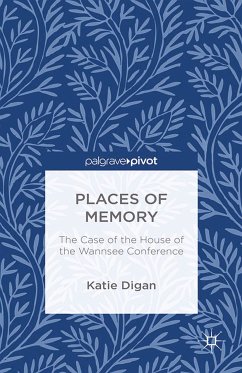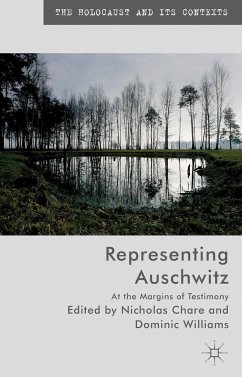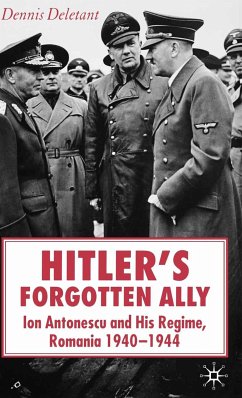
Britain and the Holocaust (eBook, PDF)
Remembering and Representing War and Genocide
Versandkostenfrei!
Sofort per Download lieferbar
40,95 €
inkl. MwSt.
Weitere Ausgaben:

PAYBACK Punkte
20 °P sammeln!
How has Britain understood the Holocaust? This interdisciplinary volume explores popular narratives of the Second World War and cultural representations of the Holocaust from the Nuremberg trials of 1945-6, to the establishment of a national memorial day by the start of the twenty-first century.
Dieser Download kann aus rechtlichen Gründen nur mit Rechnungsadresse in A, B, BG, CY, CZ, D, DK, EW, E, FIN, F, GR, HR, H, IRL, I, LT, L, LR, M, NL, PL, P, R, S, SLO, SK ausgeliefert werden.












